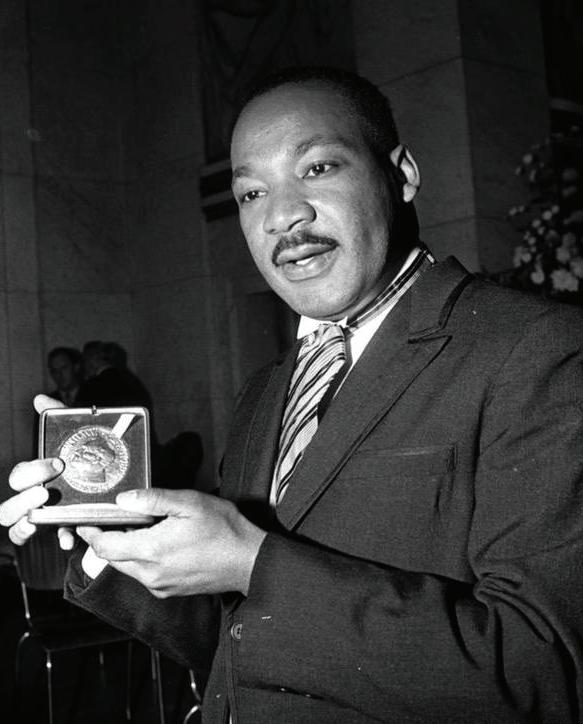
2 minute read
As the Health Emergency Authorization Ends, We Must Intensify Our Efforts to Achieve Health Equity “Reforming 340B is a Good Start”
By:Kevin Kimble, Esq., DC Bureau Chief, SCLC and Executive Director of Southern Christian Leadership Global Policy Initiative (SCL-GPI)
By: Alexis Butler, SCL-GPI Research Fellow and a graduating senior at Virginia State University, where she studies political science
As we approach the end of the public health emergency which gave countless minority and underserved communities access to quality healthcare, we now return to the tragic health equity crisis that existed before the pandemic. While there are many public health programs in existence, many are not being utilized to eliminate the health equity gap as intended.
As we referenced in our Health Equity white paper “Why Drug Pricing Programs Have Not Reduced Health Disparities” in 2021, from 340B subsidies to pharmacy benefit managers (PBMs), many of the resources dedicated to minority and underserved health equity have been misused and diverted by the healthcare industry. Congress has the opportunity to at least address the 340B problem in this Congress, which would go a long way towards fixing or eliminating policies with discriminatory effects.
Established in the nineties, 340B gives steep drug discounts to hospitals that serve lowincome communities while allowing them to charge insurers the retail price for those same drugs and keep the difference. The idea was that these hospitals would reinvest the profit into their facilities, helping to provide care in underserved areas.
Unfortunately, this design didn’t work out as planned. Hospitals in the 340B program don’t have to disclose their financial records, nor are they actually obliged to reinvest profits to help patients from marginalized backgrounds. They can simply pocket earnings from the program or put them into lavish developments at satellite clinics in wealthier neighborhoods.
There are new leaders in the effort to curb misuses of the program such as The new Alliance to Save America’s 340B Program. This powerful alliance between the Pharmaceutical Research and Manufacturers of America (PhRMA), the National Association of Community Health Centers (NACHC), and other organizations aims to circulate ten policy proposals to lawmakers. SCL-GPI supports the goals of the Alliance and endorses their efforts. In addition, SCL-GPI would like to see more emphasis on building out and supporting minority owned healthcare institutions.
As we seek out more equity in all phases of the U.S. economy, we must be wary of changes that do not include the voices of the intended beneficiaries. Our biggest fear is that changes to the 340B Program would only serve to enrich a different set of corporations leaving minority communities once again without a voice in how resources are spent on their behalf. Why should we exchange one emergency for another? Or, why should we exchange one non inclusive system for another? If successful, these reforms have the potential to change lives for the better when utilized the way they are intended.
All communities and the people who serve them deserve equitable care!
Mr. Kimble is a 25-year veteran of Capital Hill and has held positions as chief of staff for a senior member of congress and chief lobbyist for one of the nation's largest fi nancial services fi rms. As current D.C. Bureau Chief for the national chapter of the Southern Christian Leadership Conference (SCLC), Kevin has unparalleled access to minority communities and civic leaders around the country. He is routinely called upon and advises members of congress on policy and legislative issues and has been asked to speak to state and local government and testify at hearings.
We congratulate the SCLC’s efforts to improve world peace and equality for all.









